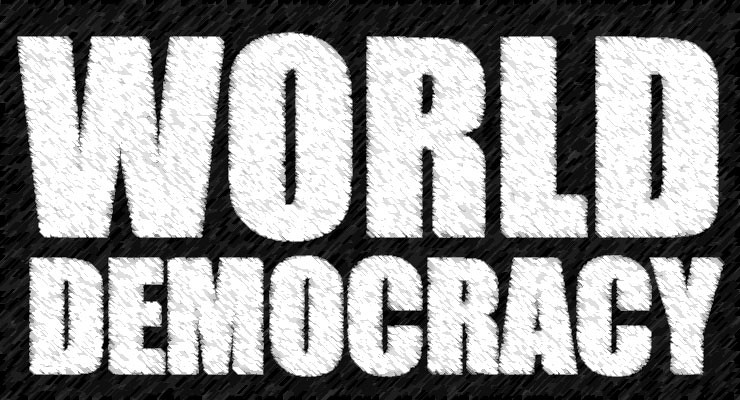 The concept of leadership is a disputed one. Yet it is important to define what leadership is because it is largely a cornerstone variable for effective democratisation. Emmy M. Cho had this perspective in Harvard Politics. Here is an excerpt:
The concept of leadership is a disputed one. Yet it is important to define what leadership is because it is largely a cornerstone variable for effective democratisation. Emmy M. Cho had this perspective in Harvard Politics. Here is an excerpt:
Leadership is an elusive concept. The characteristics of great leaders may be even more so. The word itself has evolved into a modern platitude, a signature presence in the headlines of presidential campaigns and university brochures for prospective applicants. It is a quality coveted not only in the Oval Office, but also in the corporate firm, the high-school classroom, and the everyday American office space. Leaders are what every parent desires to make their children, and many children in turn desire to make their mark not by following others, but by setting an example worth following. It is a concept which invokes a quality of charisma and implies a certain exceptionalism inherent to its bearer. After all, isn’t it only fair that there exists a significant something which distinguishes the one who leads from the thousands, perhaps even the millions, who follow?
At first glance, our understanding of leadership may seem straightforward. Further reflection, however, suggests more complex undertones. We learn about leadership not only through first-hand experience, but also through our intake of political media coverage, presidential rhetoric, and broader political culture. Everybody is familiar with the word “leadership,” and we all have certain expectations for what qualities leaders possess. For the most part, we recognize the necessity of such individuals in upholding a well-functioning, just status quo.
A rigorous consideration of leadership, however, prompts more questions than answers. Who receives the privilege of being a leader, if it is a privilege at all? Despite the tired reminder that everybody can be a leader, why is leadership so often rendered an exclusive, singular role? Perhaps most importantly, what are the enduring myths of leadership that perpetuate more harm than good? What are the fundamental truths of leadership — ones that lie beneath its superficial stereotypes — which are critical but largely overlooked?
Read the full story here.
Leave a Reply